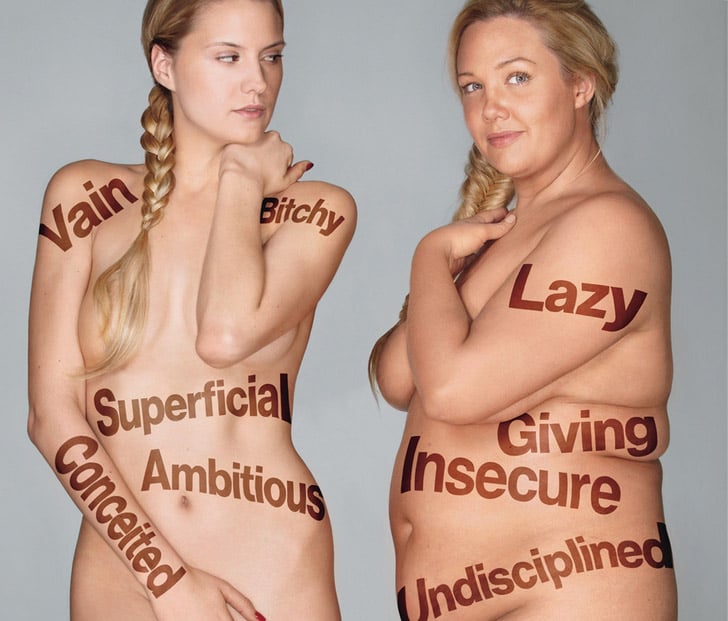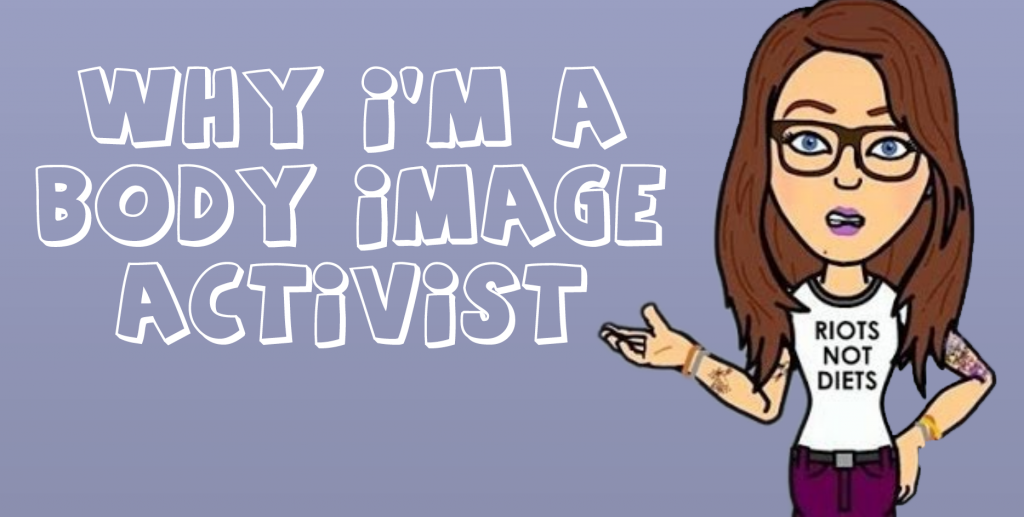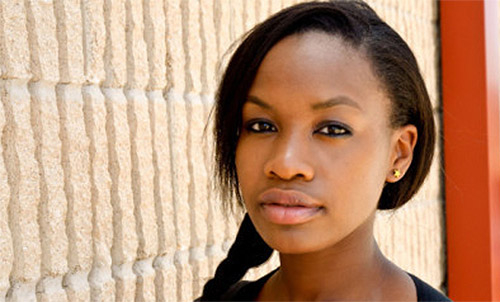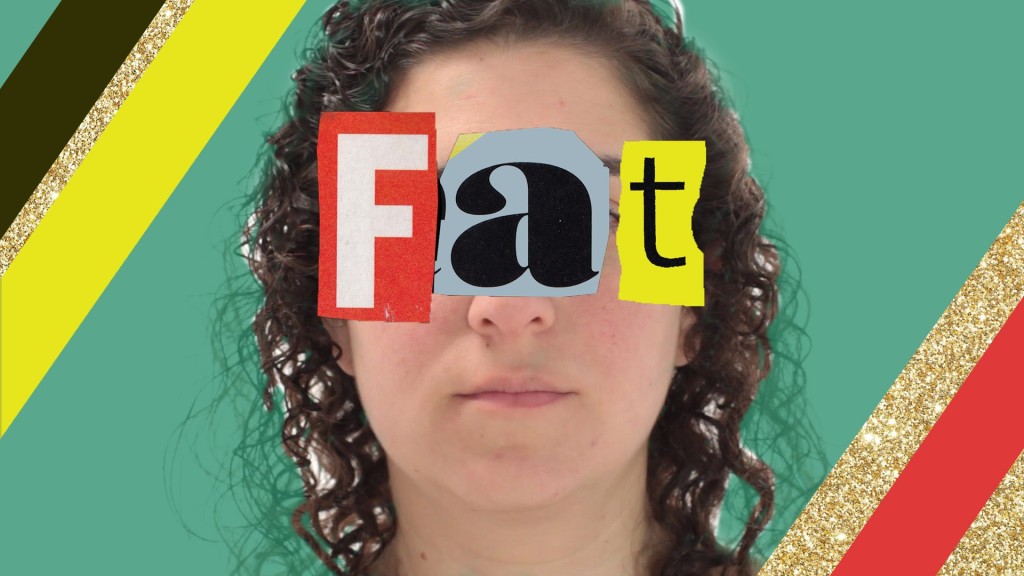Search results for: eating disorder
Five Subtle Differences Between Diets and Anorexia
Contrary to popular belief, eating disorders are not diets. They’re a type of mental illness and is categorized by a loss of self-control and an inability to think and behave rationally towards food. And while poor body-image and diet culture are problematic, eating disorders take on a whole new level of dangerous. So we need to be able to pinpoint when the former develops into the latter.
Read MoreLet’s Talk About Thin Privilege
“Being thin isn’t a privilege!” If you’ve reacted to the term “thin privilege” in this way, perhaps it’s time to examine what thin privilege actually is and why it’s just so hard for people to acknowledge.
Read MoreKeeping Up with Recovery Over the Holidays
Holidays. While most people look forward to the time off, seeing family and friends, and all the delicious food that usually comes with them, if you’re in recovery, that last one can be quite the challenge. It’s something I struggled with a lot while I was still in recovery, so I thought I’d share some of the things that got me through difficult times.
Read MoreWhy I’m a Body Image Activist
Feminism has many important causes, one of which is fostering healthier body image. But some have argued that this cause is not “important enough” to warrant the attention that body image activists demand. If you’ve ever thought of body image activism as a lesser movement in feminism, check out Melissa A. Fabello’s video on the topic. You may learn something.
Read MoreOrthorexia: When Healthy Becomes Obsession
My orthorexia began when I found it too difficult to keep my anorexia a secret. In my mind, I was being healthy, but in reality, I had simply replaced one unhealthy obsession with another. I had a strict list of rules when it came to eating and I enjoyed the rigidity of my obsessive diet. But healthy eating is not determined by what you eat as much as why you are eating it.
Read More5 Tips for Talking (And Not Talking) About Food While Making Space for Recovery
Some ways of talking about food can be helpful for people recovering from eating disorders – but sometimes we just need to shut up about it. Here’s the difference.
Read MoreApproaching the Thinspiration Conversation
Thinspiration — images created and used to inspire its consumers to be thin — is now plastered all over every social media website. It isn’t confined to the realm of eating disorders anymore. It’s mainstream. And yet we’re not talking to consumers about it. But how do we talk to our friends, children, and students about it without being at war with them? Here’s a place to start.
Read More4 Things We’re Not Saying When We Say ‘Thin Privilege’
“We’re not saying it’s okay to be skinny-shamed.” Do you have objections to the concept of thin privilege? You might be misinterpreting the message, so here’s some clarity on what thin privilege is really about.
Read MoreFeminists Have Food and Body Image Issues Too: 5 Ways to Get Over the Shame
I was a full-blown feminist in college. I also had a full-blown eating disorder. I came to feminism because I could feel the injustice in my obsession. Feminism gave me the framework to see that my eating disorder was part of something larger. But I still couldn’t tell anyone because I felt like a bad feminist. Here’s 5 ways I worked through that inappropriate shame.
Read More4 Body-Negative Messages People Spread in the Name of Body Positivity
“Men like something to hang onto.” These messages seem positive – but find out why they’re not as great as they seem.
Read MoreLet’s Show Our Bodies Some Love!
I like my body! I may even love my body! More days than not, I look at my reflection and smile with gratitude. And this is a huge deal – because for the majority of my life, I wanted to crawl out of my own skin. It was a long and complicated process that has taken me nearly two years of hard work, but here are some of the major factors that led me to where I am today.
Read MoreThe Sound of Silence: Giving a Voice to Anorexia
What we need while recovering from an eating disorder is real-life, real-time support. But the fear of being judged or written off as “narcissistic” or “self-absorbed” or being told to “just start eating normally and get over it,” forces too many people into silence and too afraid and ashamed to seek help. And silence is the least helpful thing you can put in your recovery toolbox.
Read More4 Ways Therapists Failed Me As a Woman
Stereotyping, making assumptions – it’s hard to find healing with mental health professionals following these patterns. Here’s what many therapists could do differently.
Read More8 Reasons Why I Don’t Want to Hear About Your Fad Diet
Diet season is here, and weight loss talk is everywhere. Here’s how it’s hurting people developing healthy relationships with food and their bodies – and how you can help instead.
Read MoreFeeling ‘Fat?’ This Woman Is Fighting the Forces That Make You Feel That Way
What if we told you that “fat” is not a feeling? That’s what performer and body empowerment activist Caroline Rothstein says in this stirring video about how trauma, beauty standards, and oppression teach us not to love our bodies. Learn from her eating disorder recovery, and get her key to choosing to love her body – and respect other people’s bodies, too. (Content Warning: Rape, eating disorder)
Read More5 Unhelpful Things People Say to Trivialize Mental Health Issues
#2: “There’s no use being upset.” If you try these comments to help someone with mental health issues, it’ll probably backfire – so here’s what to say instead.
Read More5 Reasons Why Everything You Think You Know About Obesity Is Wrong (Or At Least Really Shady)
Can you guess which institutions are leading you on in regards to “obesity” research? Talk about an epidemic!
Read MoreFitspiration: The Good, the Bad, and the Ugly
The truth is: There are different kinds of fitspiration. There are different approaches that all call themselves the same thing. And a common mistake that people make is not distinguishing between them. Because not all fitspo is bad. But some of it actually inspires more unhealthy habits than healthy ones. So be media literate and body-positive enough to know what you’re doing and why.
Read MoreAn Open Letter to Feminist Trolls
Any outspoken feminist will tell you that among the most common insults they receive are “slut,” “bitch,” and “cunt.” But the funny thing is, those are actually among the least effective insults to throw at a feminist! In this week’s video headline, Melissa A. Fabello will discuss the many ways these words fail to do the damage they’re intended to, and how they only make feminism stronger.
Read MoreWhy Your New Year’s Diet Is a Bummer
If you’re talking about a New Year’s “new you” that includes health and fitness goals, consider how this talk can often be the opposite of healthy for those around you.
Read More




















